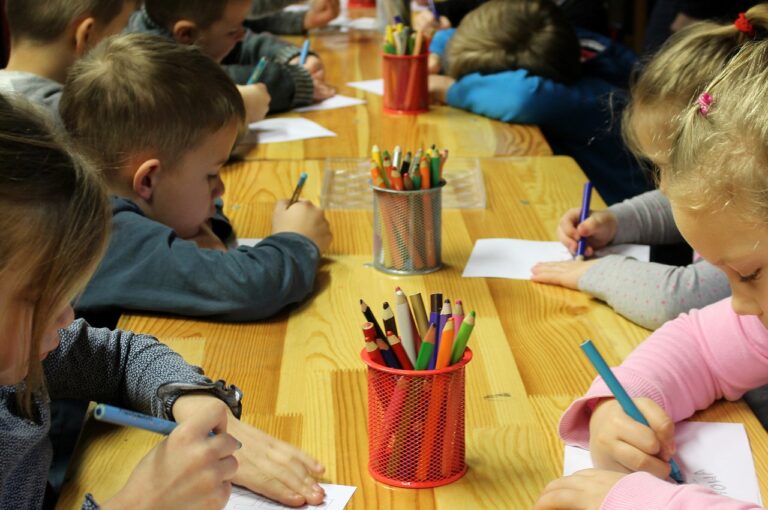Analyzing the Impact of School Discipline Policies
School discipline practices play a crucial role in maintaining order and fostering a conducive learning environment within educational institutions. These practices encompass a range of strategies and interventions aimed at addressing student behavior, promoting accountability, and ensuring the safety and well-being of all individuals within the school community. From verbal warnings and detention to suspension and expulsion, disciplinary actions are implemented to address misconduct and encourage responsible behavior among students.
It is essential for schools to establish clear and consistent disciplinary policies that are applied equitably and in accordance with legal standards. By outlining expectations for student conduct and specifying consequences for infractions, schools can help promote a sense of fairness and accountability among students. Additionally, involving parents, teachers, and other stakeholders in the disciplinary process can enhance its effectiveness and promote a collaborative approach to addressing behavioral issues within the school setting.
The Role of Zero Tolerance Policies
Zero tolerance policies in schools aim to uphold safety and maintain order by enforcing strict disciplinary actions for certain behaviors with no room for discretion based on circumstances or intent. These policies often result in immediate consequences such as suspension or expulsion for infractions like possession of drugs or weapons, violence, or threats, irrespective of the student’s background or past behavior. While zero tolerance policies intend to create a deterrent effect, critics argue that they may lead to harsh and unfair punishments, particularly for students who may benefit more from counseling or educational interventions.
Some proponents of zero tolerance policies argue that they provide clarity and consistency in addressing serious misconduct in schools, establishing clear boundaries for behavior and sending a strong message against violence and substance abuse. By adopting a zero tolerance approach, schools aim to demonstrate a commitment to maintaining a safe learning environment for all students while holding individuals accountable for their actions. However, there are concerns that such policies may also contribute to the school-to-prison pipeline and disproportionately impact marginalized students, perpetuating cycles of exclusion and entrenching inequalities in the education system.
Disproportionate Impact on Minority Students
Research has illuminated the disconcerting reality that discipline practices in schools are not uniformly applied across all student demographics. Minority students, such as African American and Hispanic youths, are disproportionately affected by disciplinary actions compared to their white peers. This imbalance raises concerns about equity in the education system and the potential perpetuation of systemic inequalities.
Factors such as implicit bias, cultural misunderstandings, and unequal access to resources can contribute to the disparate discipline outcomes experienced by minority students. From higher rates of suspension to harsher punishments for similar infractions, these disparities can have lasting effects on the academic and social well-being of students from minority backgrounds. Addressing and rectifying these disparities is crucial to ensuring a fair and supportive learning environment for all students.
What are some common school discipline practices that contribute to the disproportionate impact on minority students?
Some common school discipline practices that contribute to the disproportionate impact on minority students include zero tolerance policies, harsh punishments for minor infractions, biased enforcement of rules, and lack of cultural competence in handling disciplinary issues.
How do zero tolerance policies play a role in the disproportionate impact on minority students?
Zero tolerance policies often result in harsh punishments for minor infractions, leading to higher rates of suspensions and expulsions among minority students. These policies can also be enforced in a biased manner, targeting minority students more frequently than their white counterparts.
What are some consequences of the disproportionate impact on minority students in terms of school discipline?
The disproportionate impact on minority students in terms of school discipline can lead to higher rates of dropout, lower academic achievement, increased involvement in the criminal justice system, and perpetuation of racial disparities in education.
How can schools address the issue of disproportionate impact on minority students in school discipline?
Schools can address the issue of disproportionate impact on minority students in school discipline by implementing restorative justice practices, providing cultural competency training for teachers and administrators, revising zero tolerance policies, and promoting positive behavior interventions and supports for all students.





